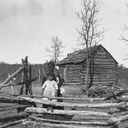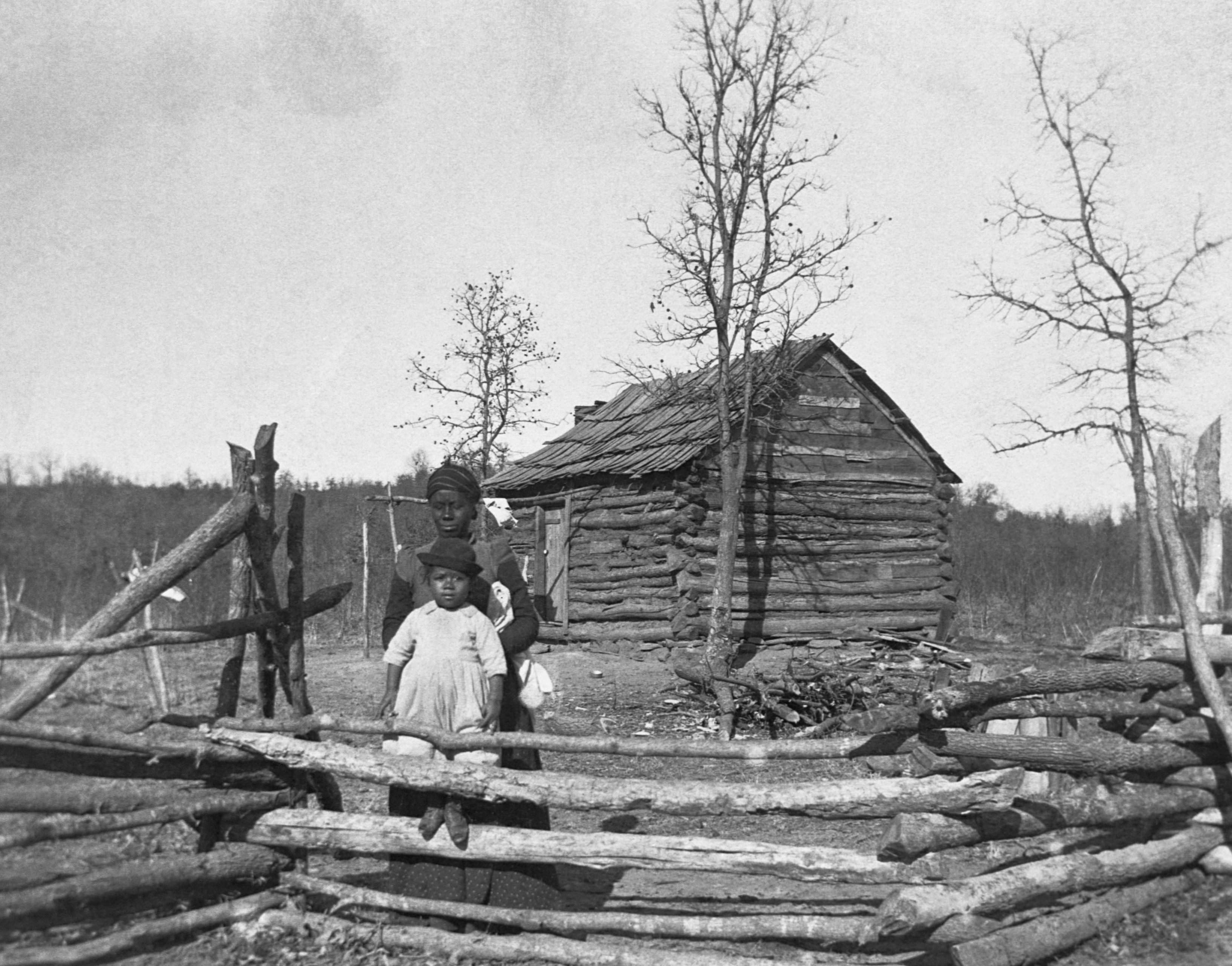Families of Muscogee (Creek) enslaved people seek tribal citizenship

Black descendants of enslaved people once owned by members of the Muscogee (Creek) Nation are seeking full tribal membership in a case that's now backlogged in the tribe's court system.
Why it matters: Muscogee (Creek) Nation Freedmen are the latest group to seek full tribal membership amid a racial reckoning among Indigenous tribes and resistance from some tribal leaders.
Quick catchup: A Muscogee (Creek) Nation District Court in September ruled in favor of citizenship for two Freemen descendants, paving the way for other descendants to seek citizenship.
- Rhonda Grayson and Jeffery Kennedy had sued the tribe's citizenship board for denying their applications.
- Following the ruling, the tribe's Supreme Court issued a stay of enforcement of the District Court's recent after an appeal from the tribe.
Zoom in: Freedmen descendants say the tribe's Treaty of 1866 provides that descendants listed on the Creek Freedmen Roll are eligible for tribal citizenship.
- It's part of a decades-long fight among Freedmen descendants, but the tribe has repeatedly rejected allowing them tribal membership, citing tribal sovereignty.
What they're saying: "There's just a level of anti-Black hatred that permeates the Creek Nation that is almost unseen anywhere else in this nation," Damario Solomon-Simmons, a lawyer for the Creek Freedmen and a descendant himself, told Axios.
- "They have erased and deleted the contributions of Creek Freedmen, of Black Creeks like we just never existed."
The other side: Muscogee Nation Attorney General Geri Wisner did not return messages from Axios.
- In a statement to other media outlets, Wisner disagreed with the earlier ruling based on "deeply flawed reasoning."
- "The MCN Constitution, which we are duty-bound to follow, makes no provisions for citizenship for non-Creek individuals."

The intrigue: Solomon-Simmons said Freedmen would be entitled to health care and other benefits like Indigenous tribal members under federal law.
- He said some tribal members already accept Creek Freedmen as members and family despite the opinions of the tribal government.
Flashback: The Cherokee Nation Supreme Court ruled in 2021 that the tribal nation remove the phrase "by blood" from its constitution.
- That change formally acknowledges that the descendants of Black people once enslaved by the tribe had a right to tribal citizenship.
- A year later, Cherokee Nation principal chief Chuck Hoskin Jr. told Axios the tribe was searching for family stories connected to formerly enslaved Black people once owned by tribal members to develop a deeper meaning to the Freedmen experience.
Background: Tribes in the American Southeast, including the Muscogee (Creek) and the Cherokee Nation, participated in slavery as they attempted to adopt the norms of white settlers.
- But President Andrew Jackson eventually expelled the tribes from ancestral lands in Georgia, Alabama and Tennessee to present-day Oklahoma.
- Along the way, around 8,000 Creeks died along the "Trail of Tears." Thousands of enslaved Black people also endured the journey.
Between the lines: The case highlights the difficulty some Black Americans face in trying to prove their links to their Indigenous past, Michell Chresfield, an assistant professor of African American history at Cornell University, tells Axios.
- "These (tribal) nations are trying to think about, and protect, their own right to exist."
- But there are elements of anti-Black racism that prevent tribal membership to Black Indigenous people, she said.
What's next: The tribe's Supreme Court is expected to decide the matter later this year.